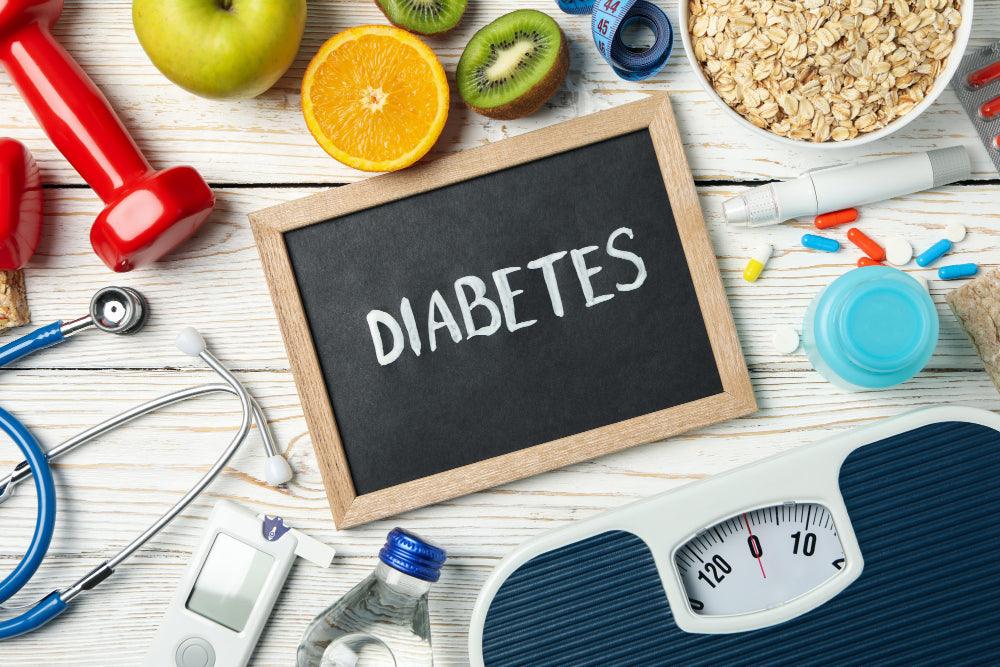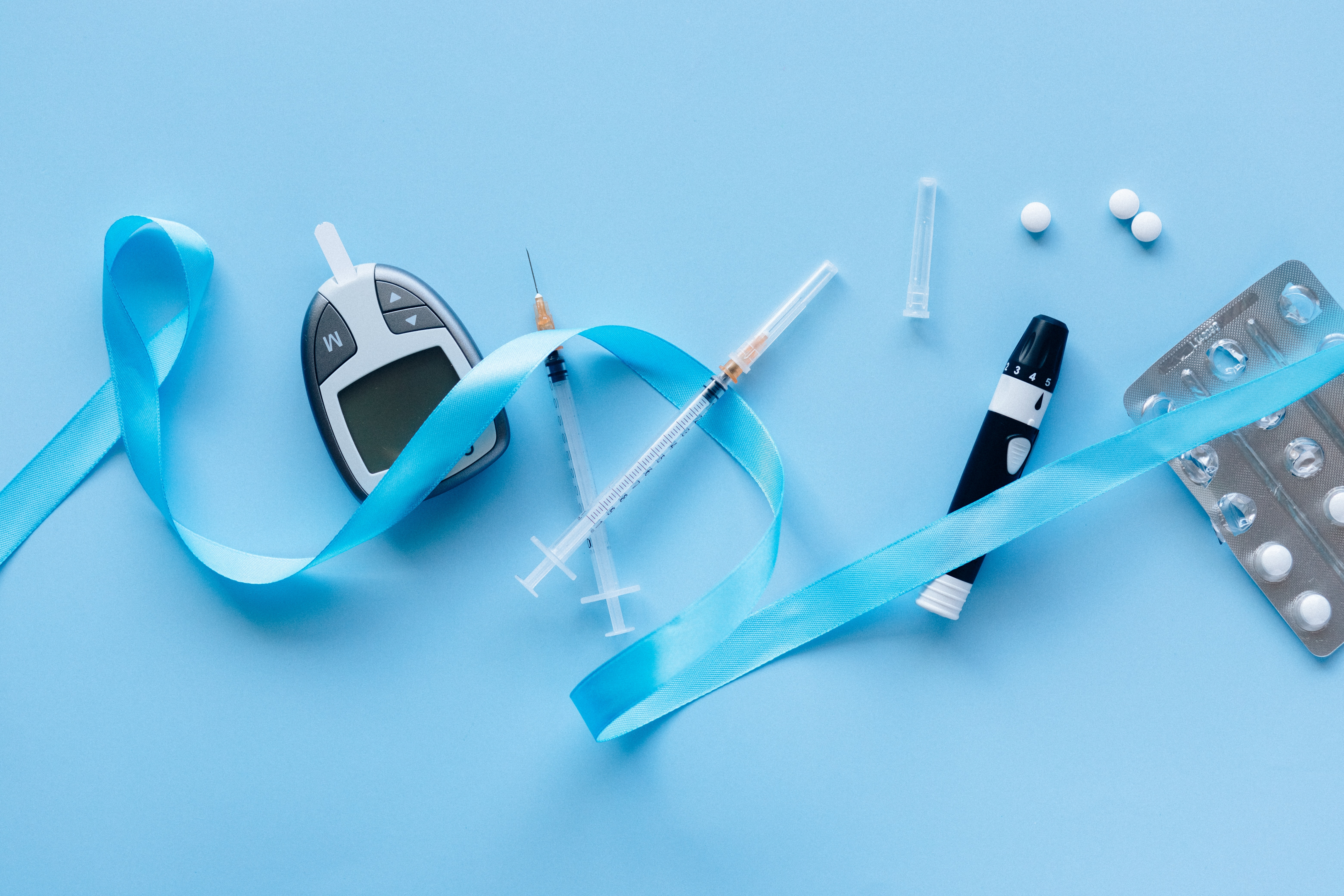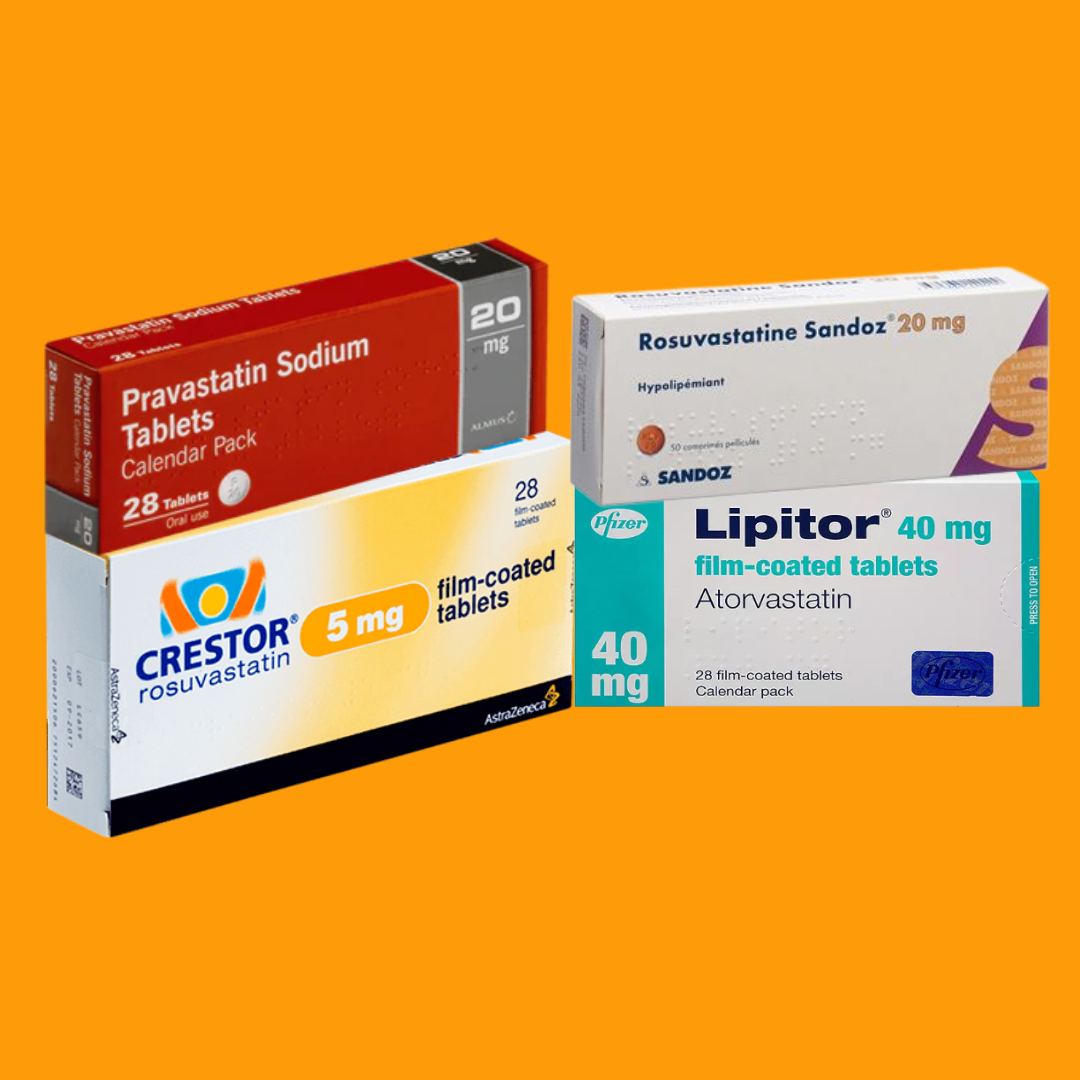Statins and Diabetes


A major public health concern is diabetes. Knowing to watch out for other potential health issues like high cholesterol and heart disease is likely common knowledge if you have diabetes. Heart illness can have terrifying effects including a heart attack, angina, or a stroke. Your chance of developing heart disease and passing away might be boosted by both diabetes and high cholesterol.
Many medical professionals advise diabetic patients to take statins to lower their cholesterol and lower their risk of developing heart disease. But do they assist? Do they come with any risks, too? Read on to discover more.
A prevalent and serious medical disorder is diabetes. Since there is currently no cure for it, it is a chronic condition. Diabetes mellitus is the medical term for the disease. From ancient Greek, that roughly translates to "passing a lot of sugary urine." That's because glucose (sugar) accumulates in the blood and urine in people with diabetes.

For a better understanding of how diabetes affects the body, let's review the relationship between insulin and glucose:
It is described as a type of sugar. It is the most basic source of energy for the body. You require it to maintain the health of your muscles, brain, heart, and liver. The carbs (large sugar chains) you consume in food and beverages are broken down by the body to produce glucose.
The pancreas (an organ lying just below the stomach) produces a chemical messenger that functions as a hormone in the body. The body uses and stores glucose with the aid of insulin. However, those who have diabetes either don't produce enough of it or their bodies stop responding to it.
The pancreas produces a chemical messenger or hormone that the body uses as a signal. Insulin helps the body in the usage and storage of glucose. However, those who have diabetes either do not produce enough insulin or their bodies no longer react to it. Thus, blood glucose levels may spike after a meal before dangerously falling at other times.
According to studies, those who have diabetes have higher levels of "bad" LDL cholesterol and lower levels of "good" HDL cholesterol. Additionally, diabetes causes the body to produce more cholesterol yet absorb it less effectively. The risk for the previously mentioned health issues, like heart disease and stroke, rises when all of these are taken into account. Diabetes can also increase the risk of heart disease by a great number, around two to four times. To assess your blood levels of glucose, have a look at our Diabetes Blood Test kit that can help detect your sugar levels for you.

Prescription drugs called statins lower blood levels of LDL cholesterol. They accomplish this by lowering the amount of cholesterol production and assisting the liver in eliminating cholesterol from circulation to help avoid atherosclerotic cardiovascular risk.
To review your Cholesterol state order the at home Welzo Cholesterol Test Kit measuring your LDL and HDL levels.
Statins have other advantages besides only this, though. They also act as anti-inflammatory agents and shield the walls of blood vessels from harm. Statin therapy not only lowers cholesterol, but also the risk of heart disease, stroke, and even death, according to a review of numerous studies.
As a result, statins are typically advised for adults with high LDL cholesterol levels. They are known as cholesterol-lowering drugs. There are some recommendations that state that the cutoff for LDL cholesterol in the blood is 190 mg/dL, but the decision to begin statin therapy is typically based on a variety of other factors, including any additional cardiovascular disease risk factors you may have. Other risk factors for developing diabetes could be:
1. Smoking
2. Having a family member who has or has had cardiovascular disease
3. High blood pressure
4. Gender (men have a higher risk than women)
5. Age (people over age 65 have a higher risk)
6. Being overweight or obese
It is highly advised to all persons with type 2 diabetes between the ages of 40 and 75 to take a statin.
It's critical to note that maintaining healthy lifestyle practices is also advised as a component of a comprehensive strategy for decreasing cholesterol, lowering blood pressure, and preventing heart disease. This can involve maintaining a healthy weight, giving up smoking, and exercising frequently. Similarly, losing weight can lower these risks and help with diabetes and coronary heart disease.
The question of whether statins might raise the incidence of type 2 diabetes generated some debate in earlier years. Statins may modestly raise the risk, according to a meta-analysis, which is a thorough examination of all the relevant data. According to the review, there could be "one additional case of diabetes per 255 patients taking a statin for 4 years" if you take a statin. To find a conclusive solution, research in this area is still ongoing.
Statins, as we previously discussed, not only lower cholesterol but also have several other advantageous effects. Because of this, medical professionals' recommendations for statin medication have not altered. They contend that any risks are greatly outweighed by the potent effects of statins. However, it's always advisable to monitor haemoglobin A1C (HbA1C or A1C) and blood sugar levels after beginning a statin (or any new medication) for the first time.

Buy Lipitor, Pravastatin, Rosuvastatin and Crestor online here.
There are currently several statins accessible because they have been used for many years. You may have heard any of the following:
1. Atorvastatin (Lipitor)
2. Fluvastatin (Lescol)
3. Lovastatin (Mevacor)
4. Pravastatin (Pravachol)
5. Rosuvastatin (Crestor)
6. Simvastatin (Zocor)
7. Pitavastatin* (Livalo)
Although the intensity rating is significant, there are more considerations to take into account. Your doctor will take into account things like how the statin can interact with other medications you are taking and how well your kidneys are functioning. Have a look at our Statin Follow-Up Blood Test kit that will help you to assess your levels of blood sugar after starting statin therapy.
Like other drugs, statins have possible adverse effects. Although side effects vary with statins and may depend on how severe you perceive them to be (a phenomenon called a nocebo effect), they may include:
1. Sore and stiff muscles
2. Joint pain
3. Digestive discomfort, diarrhoea, or constipation
4. Headaches
5. Sore throat
6. Tiredness
Conclusion
Choosing a statin should ultimately be based on a conversation with your doctor, not just which one is "better." Once more, medical professionals concur that the advantages of statin therapy outweigh any concerns. Before quitting or changing any medicine, it's always advisable to discuss your concerns with your doctor.










Plus get the inside scoop on our latest content and updates in our monthly newsletter.